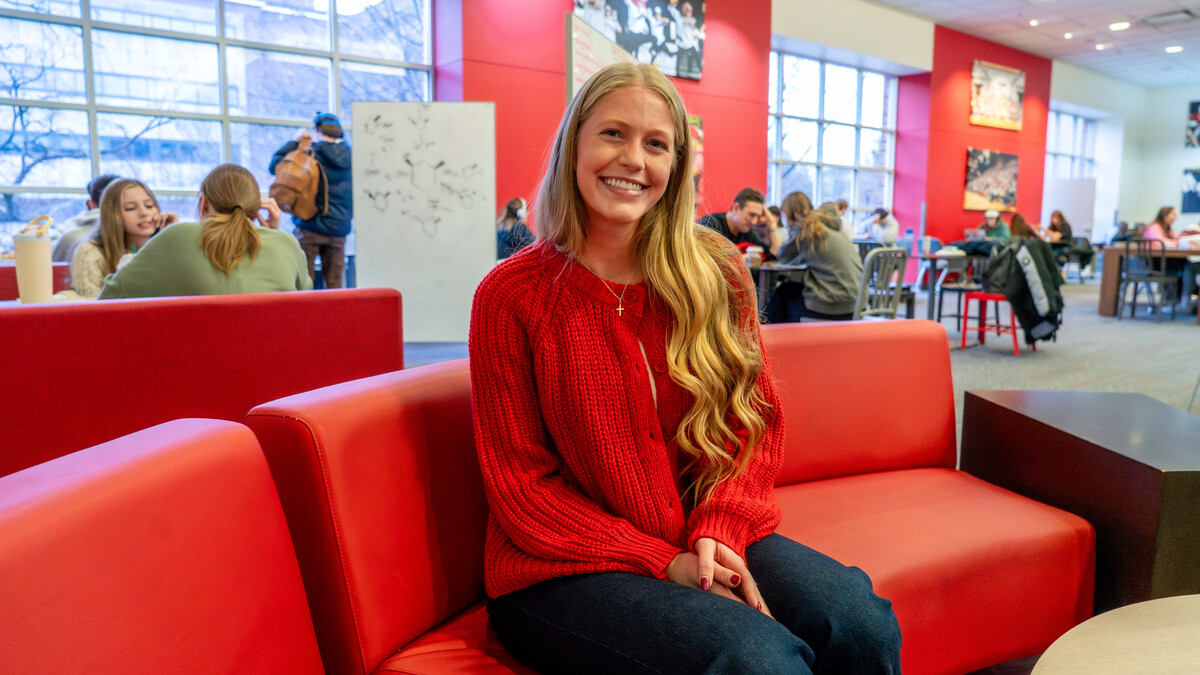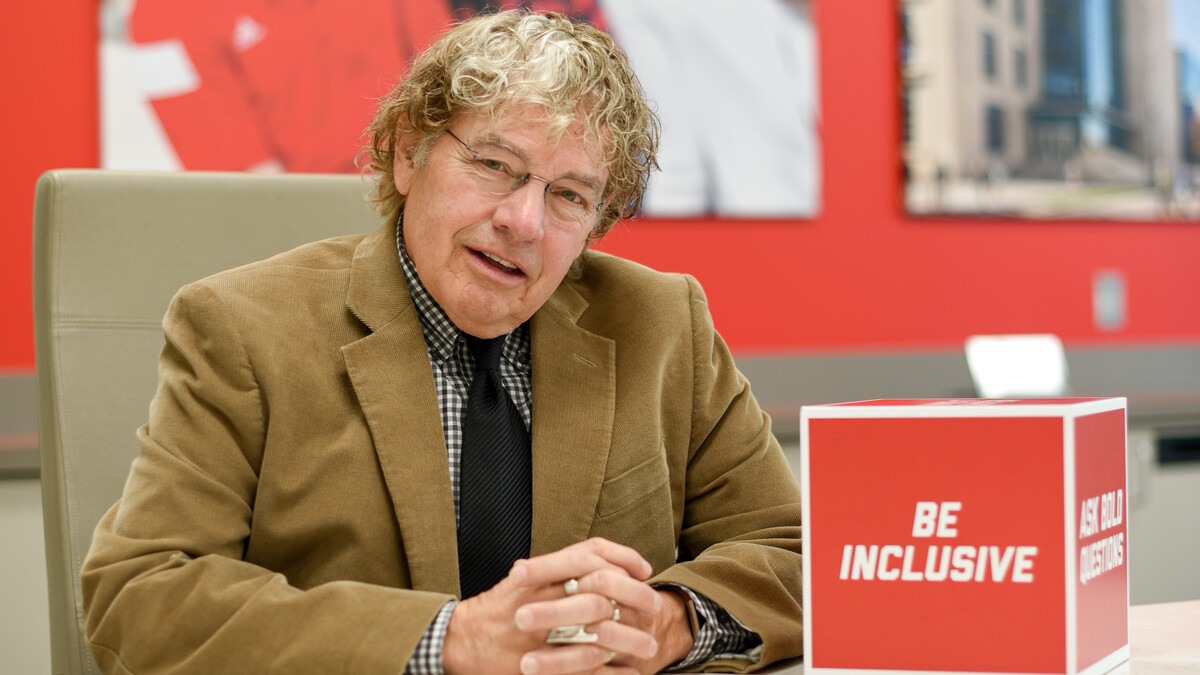
In 1874, when Jacob Wainwright sailed back to Great Britain with the casket containing the remains of David Livingstone, who had died in Central Africa in 1873, Wainwright enjoyed a modicum of recognition as the African assistant to Britain’s greatest explorer.
But there were many non-European individuals who aided the quests of Victorian explorers like David Livingstone, and a new digital humanities project from the University of Nebraska–Lincoln seeks to bring their voices back to the fore.
One More Voice focuses on the non-European contributions from 19th-century British imperial and colonial archives. The newly-launched website includes critical essays, edited transcriptions of original materials and images of artifacts.
It brings to life a variety of non-European voices that have long been silent in the archives.

The project is led by preeminent Livingstone scholar Adrian S. Wisnicki, and is being developed by a team of international scholars and archivists, which also includes Ng’ang’a Muchiri, an assistant professor of English at Nebraska, who is serving as project adviser.
The goal of One More Voice, Wisknicki said, is to recover and share broadly the non-European contributions and stories that have previously been excised from the story of European exploration. As the home page of One More Voice states, “The name reflects the fact that there is always one more voice to recover from the archives.”
“There is this idea of the heroic European explorer that plunges into the wild, has all these adventures and comes back and brings all this information,” Wisnicki, associate professor of English, said. “The reality is that history did not work that way at all.
“A lot of what was characterized as exploration by single European individuals was really the work of other people, the ideas of other people, the data of other people.“
Wisnicki became aware of the vast number of other such voices embedded in one form or another in imperial and colonial archives during his 10 pervious years of work on Livingstone Online, a digital museum and library that focuses on Livingstone’s legacy. The One More Voice project took shape over the last two years, although Wisnicki had been thinking about it and collecting materials much longer.
One More Voice currently has the largest digitized collection of the writings of Wainwright, originally a member of the Yao ethnic group in east Africa, including original pages of his diary — long thought to be lost — which made international headlines when they were found and published on Livingstone Online in 2019. One More Voice also contains the four known photos of Wainwright, which are new additions.
“We’ve also added a handful of other manuscripts from Wainwright, including one from the Victorian periodical press that was previously unknown to scholars until I found it for the One More Voice project,” Wisnicki said. “I think there are less than 10 works from Jacob Wainwright, which is more than we have for many such individuals.”
Wisnicki had been in talks with the National Library of Scotland and SOAS University of London about the project, but the pandemic refocused his efforts on launching the site, which went online in June.
“I was supposed to have spent the month of March in archives at SOAS and the National Library of Scotland, but we had to cancel that trip,” Wisnicki said. “However, I realized that I actually had texts and images of a fair amount of primary texts that I had collected over the last decade or so, piecemeal, without any kind of systematic plan, so I turned to developing the website by framing those primary materials with critical essays.”
Wisnicki built the site by applying the principals of minimal computing, a self-empowering digital humanities development methodology. As part of this, he sought to make the site as widely accessible as possible across the world, regardless of the devices, interpretive technologies and bandwidths available. The site also uses what Wisnicki calls an agile publication strategy.
“The idea is to run a site with a small digital footprint and to focus on short-form scholarship, so not necessarily long scholarly pieces but shorter scholarly pieces in order to enable individuals, in our present context, distracted by the pandemic and with limited access to physical archives, to access the site, contribute and stay active in scholarship,” Wisnicki said. “That’s really where the overall minimal ethos of the site emerged. It was just responding to the current situation.”
The work of recovering manuscripts will continue in earnest when it is safe to travel, and when archivists can return to work.
“What the project is trying to do is recover these materials, theorize about these materials, and so to see this aspect of history in a new and much more balanced way, one not just dominated by contemporaneous European perspectives,” Wisnicki said.







